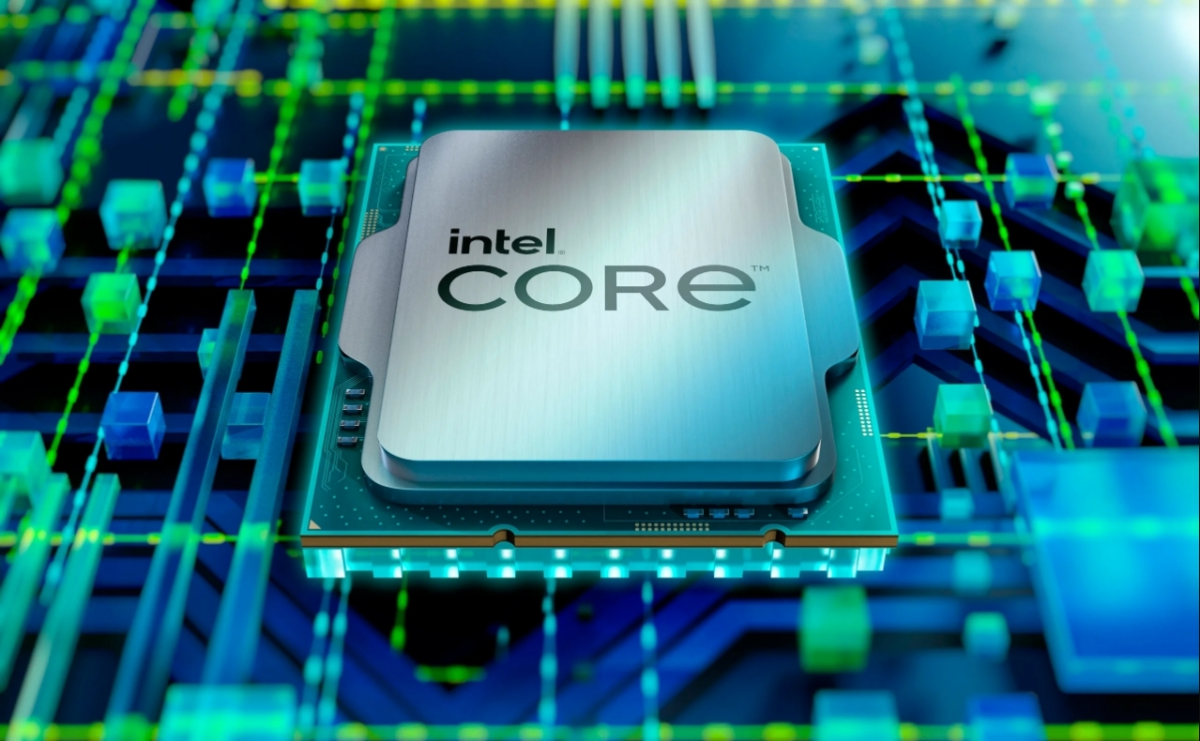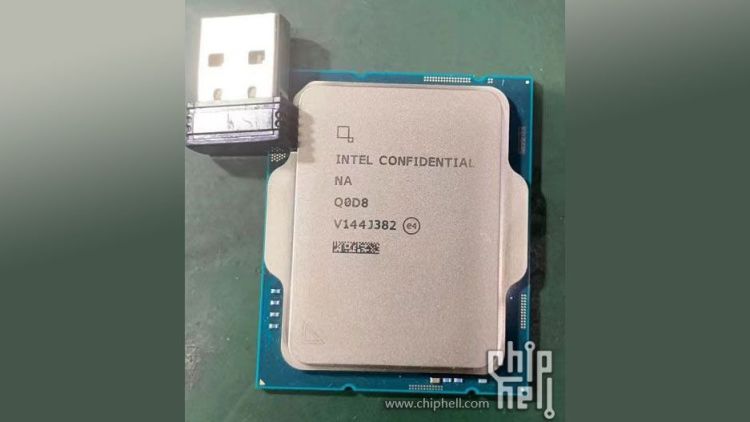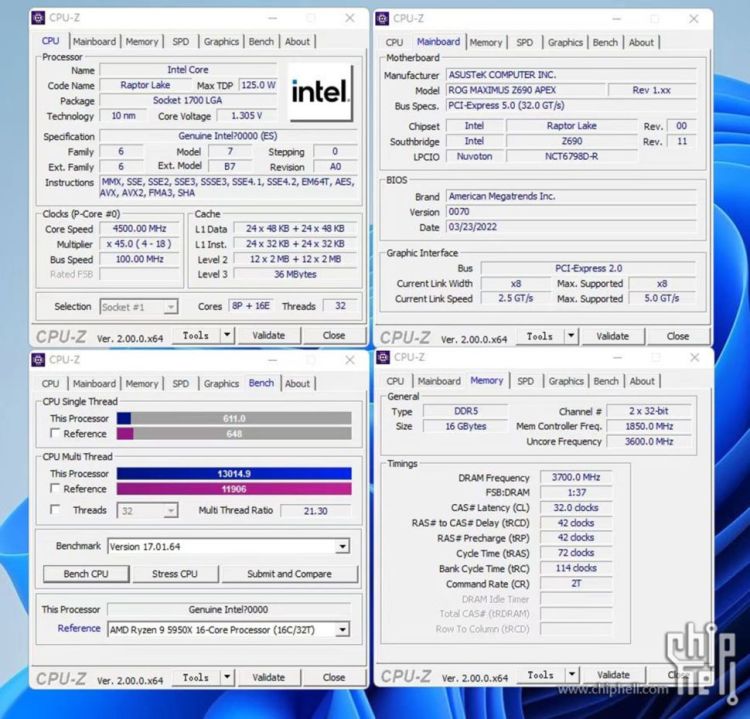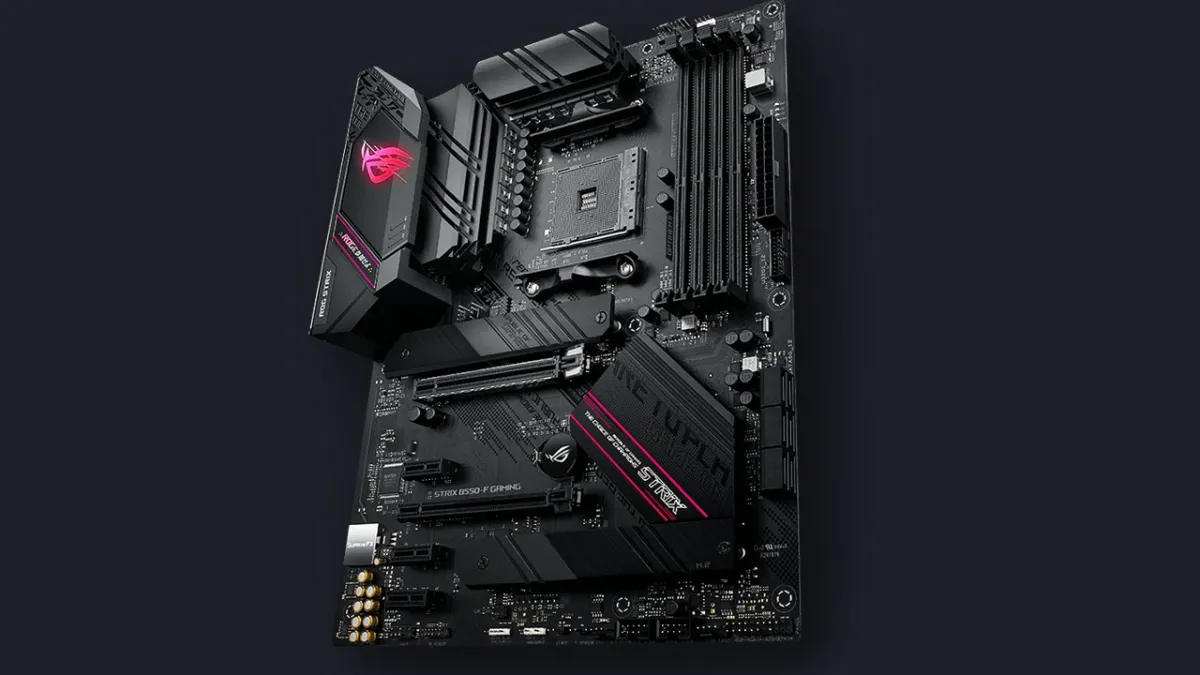An early peek at one of Intel’s next-generation desktop CPUs is making the rounds. The alleged leak is in reference to an engineering sample of Intel’s upcoming i9-13900K. Images were shared by @9550pro on Twitter after seeing images posted on the Chiphell forum by user Lordzzz. Along with the image of the upcoming CPU, there are also screenshots of CPU-Z which show off the processor’s specs.
The Intel i9-13900K is likely going to be Intel’s flagship 13th-generation CPU. While you should take these images with an ounce of skepticism, a lot of what we’re seeing here lines up. Another aspect that adds some legitimacy to this is the leak that made the rounds a few weeks ago.
Intel’s Raptor Lake lineup is likely to release sometime in September in limited volume, likely with high-end CPUs like i7s and i9s. Other models of the 13th generation processor lineup may release sometime later. Beyond that, there are sparce details regarding Intel’s upcoming Raptor Lake lineup. The previous Intel leak cover what else we’ve heard, but this alleged i9-13900K engineering sample gives us some useful information to inspect.
A quick look at the i9-13900K’s specs
The first thing to note about this Intel i9-13900K engineering sample is that it’s got a lot going on under the hood. In comparison to the 12900K, you’ll notice that the E-Core count is now at 16 instead of 8. The P-Core count is the same at eight cores. This brings the total core configuration of the 13th gen i9 to 24 cores and 32 threads instead of the 16 and 24 on the 12th gen i9.
The TDP was set to 125W for the CPU-Z test, but we expect Raptor Lake to use more power than Alder Lake overall. This will presumably allow 13th gen CPUs to clock higher and achieve better performance. The catch with these engineering sample specs is that the information is apparently derived from an ES1 version of the CPU. According to the source, the ES3 version of Intel’s i9-13900K is much faster in comparison. However, there isn’t any solid information to back this up yet.
According to Lordzzz, a DDR4 motherboard wouldn’t work with this sample of Intel’s i9-13900K. A DDR5 board with 7200 memory speeds did seem to succeed, though. Since this is supposedly an engineering sample, it wouldn’t be shocking to see it behave strangely on certain hardware.
Lordzzz also says that the ES3 CPU has a single-core turbo frequency of 5.5 GHz. By comparison, the 12900K manages a 5.2 GHz single-core turbo, unless overclocked. Again, we don’t have anything to confirm whether this is true. For the moment take this information for Intel’s i9-13900K engineering sample with a pinch of salt.
Can Intel compete with AMD?
The information given to us from Lordzzz indicates a few things. Intel is right on the heels of AMD when it comes to the performance of its CPUs. If the 13900K can indeed reach 5.5 GHz and beyond, it could put Intel in a strong position for the near-term.
AMD promises comparable performance for its Zen 4 lineup. However, AMD will have the upper hand later in 2023 when it refreshes its Zen 4 lineup with V-Cache, especially if Team Red ports the architecture to a more efficient manufacturing process node. Intel will need to follow up with its 14th gen Meteor Lake CPU lineup to stay competitive.
Either way, competition is good for consumers, and it’s fun to see which company will come out on top. The engineering sample for Intel’s i9-13900K certainly adds something interesting to this conversation.






